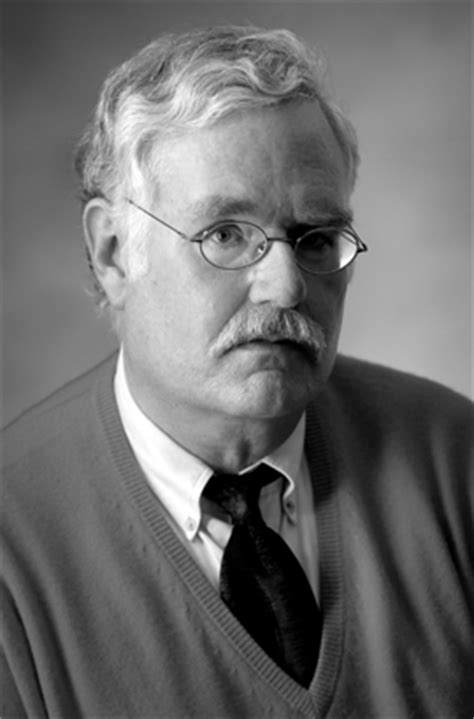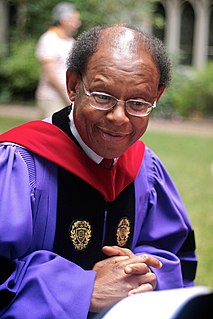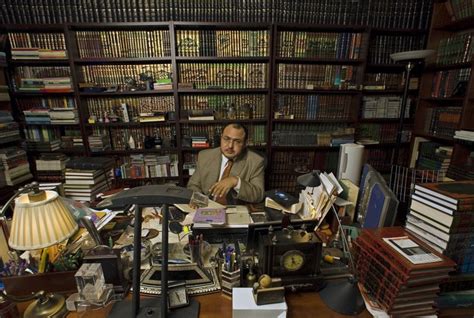A Quote by Richard Dawkins
It sounds superficially fair. But it presupposes that that there is something in Christian theology to be ignorant about. The entire thrust of my position is that Christian theology is a non-subject. It is empty. Vacuous. Devoid of coherence or content. I imagine that McGrath would join me in expressing disbelief in fairies, astrology and Thor's hammer. How would he respond if a fairyologist, astrologer or Viking accused him of ignorance of their respective subjects?
Related Quotes
Theology is a non-subject. I'm not saying that professors of theology are non-professors. They do interesting things, like study biblical history, biblical literature. But theology, the study of gods, the study of what gods do, presupposes that gods exist. The only kind of theology that I take account of are those theological arguments that actually argue for the existence of God.
Theology is not a private subject for theologians only. Nor is it a private subject for professors. Fortunately, there have always been pastors who have understood more about theology than most professors. Nor is theology a private subject of study for pastors. Fortunately, there have repeatedly been congregation members, and often whole congregations, who have pursued theology energetically while their pastors were theological infants or barbarians. Theology is a matter for the Church.
In the decade of the 1980s, a massive and comprehensive study of religion in American life was undertaken by the Gallup organization. The results of the study were as terrifying as they were revealing. Americans, even evangelical Americans, are woefully ignorant of the content of Scripture and even more ignorant of the history of Christianity and classical Christian theology.
"Biblical theology" refers to something more precise than theology that is faithful to the Bible. It might be helpful to draw a contrast: at the risk of oversimplification, systematic theology tends to organize theology topically and with an eye cast on its contemporary relevance, while biblical theology tends to organize the same biblical material so that it is easier to see the distinctive contribution of each biblical book and human author, and to trace the trajectories of themes across the Bible so we see how the books of the Bible hold together.
Think about that: at a time when it was inconceivable to have a woman rabbi or a woman scholar of Christian theology or canon law, the Islamic civilization boasted hundreds of women who were authorities in Islamic law and Islamic theology and that taught some of the most famous male jurists and left behind a remarkable corpus of writings.

































